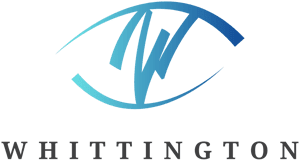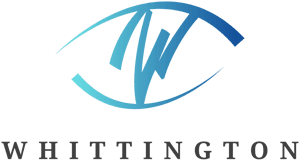Vision Correction
Whittington Eye Care Associates in Charleston provides treatment, consultation and referrals for these common vision correction surgeries and procedures.
Corneal Reshaping (Orthokeratology)
Orthokeratology is a procedure for correcting myopia (nearsightedness) and mild astigmatism by gently reshaping the cornea with special contact lenses, which the patient places in his or her eyes overnight.
When successful, patients will experience clear vision during the day without contact lenses or eyeglasses. However, the results are temporary, so the patient must continue to wear the lenses regularly at night to maintain optimum results.
LASIK
LASIK (Laser-Assisted in Situ Keratomileusis) is a surgical procedure that uses a laser beam to reshape the cornea. Patients who are nearsighted, farsighted or astigmatic may benefit from this type of procedure.
While millions of patients have seen successful results from LASIK, the procedure is not right for everyone. Your optometrist will need to thoroughly examine your eyes to determine which type of vision correction best fits your needs.
Low Vision Therapy
Low vision is a general term that refers to a partial loss of vision that cannot be adequately corrected with eyeglasses, contact lenses, medications or surgery. Common causes of low vision include macular degeneration, diabetic retinopathy, inherited retinal degenerative diseases, glaucoma and optic nerve atrophy.
Low vision therapy typically includes an evaluation of the patient’s visual abilities, prescription of low vision devices and training in their use. The goal is to maximize the use of the patient’s available vision for reading, writing, hobbies and work-related tasks such as working at a computer.
Whittington Eye Care Associates has the experience and equipment necessary to provide treatment, consultation and referrals for the vision correction procedures and surgeries detailed above at our office in Charleston. Schedule an appointment with your eye care provider, and we will be in touch with you shortly.

